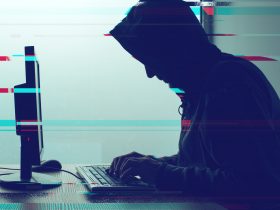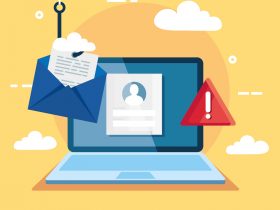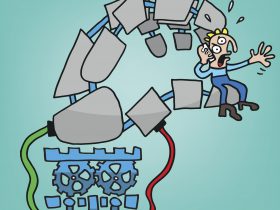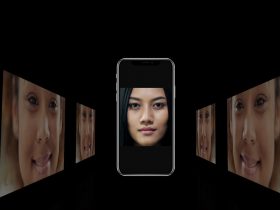It’s not just Alexa listening in on your every move, there are real live people reviewing what you say around your Alexa-powered device.
While Amazon plays up the artificial intelligence behind Alexa, there are squads of real people behind the smart KI that are listening to those little recordings just to double-check that Alexa is getting the right message. It’s just like the message you get on the phone when calling customer service at your bank: “This call may be monitored for customer quality control purposes.” Except that you know when the call with the bank begins and ends. But with Alexa, it’s never clear when the recording begins and ends and who is on the other end.
Just what did Alexa hear?
The Amazon squads – made up of thousands of people according to Bloomberg – get a samplings of the individual recordings made after the wake word of “Alexa”, “Echo”, “Computer”, or “Amazon”. Squad employees listen, transcribe, and compare what Alexa recorded about the conversation to what their human ears detect.
While most of these voice snippets presumably are user commands to Alexa, not all are. In addition to picking up the TV or background noise, sometimes these recordings pick up sounds believed to be sexual assaults or even people singing off-key in the shower. Which brings up the question: If a person is singing horribly and potentially disrupting the general peace – what can Amazon do about it?
Only for research purposes
The answer is that Amazon would prefer not to do anything. The public Amazon response is that security and privacy is important and that this information is used to train their speech recognition tools. Employees were reportedly told that it wasn’t Amazon’s job to step in. This hands-off approach does match the previous Amazon response to when police have requested Alexa recordings for murder investigations.
You are not alone
Just remember, this is not just about Alexa or Amazon. It’s also about Google and Apple – any company with a digital assistant. And, this same strategy also applies to a number of IoT devices such as smart doorbells.
“We’ve been conditioned to the [assumption] that these machines are just doing magic machine learning. But the fact is there is still manual processing involved,” pointed out Florian Schaub, a University of Michigan professor focused on privacy issues.
Turn it off
By the way – if you are not comfortable with Amazon employees listen to some of your private conversations, you can always turn the feature off and of course also delete the history. Just go to the Alexa privacy settings. Once there you can review and delete the voice history, manage your smart home device history, your skill permissions, and last but not least also turn the “improve Alexa feature” off.














